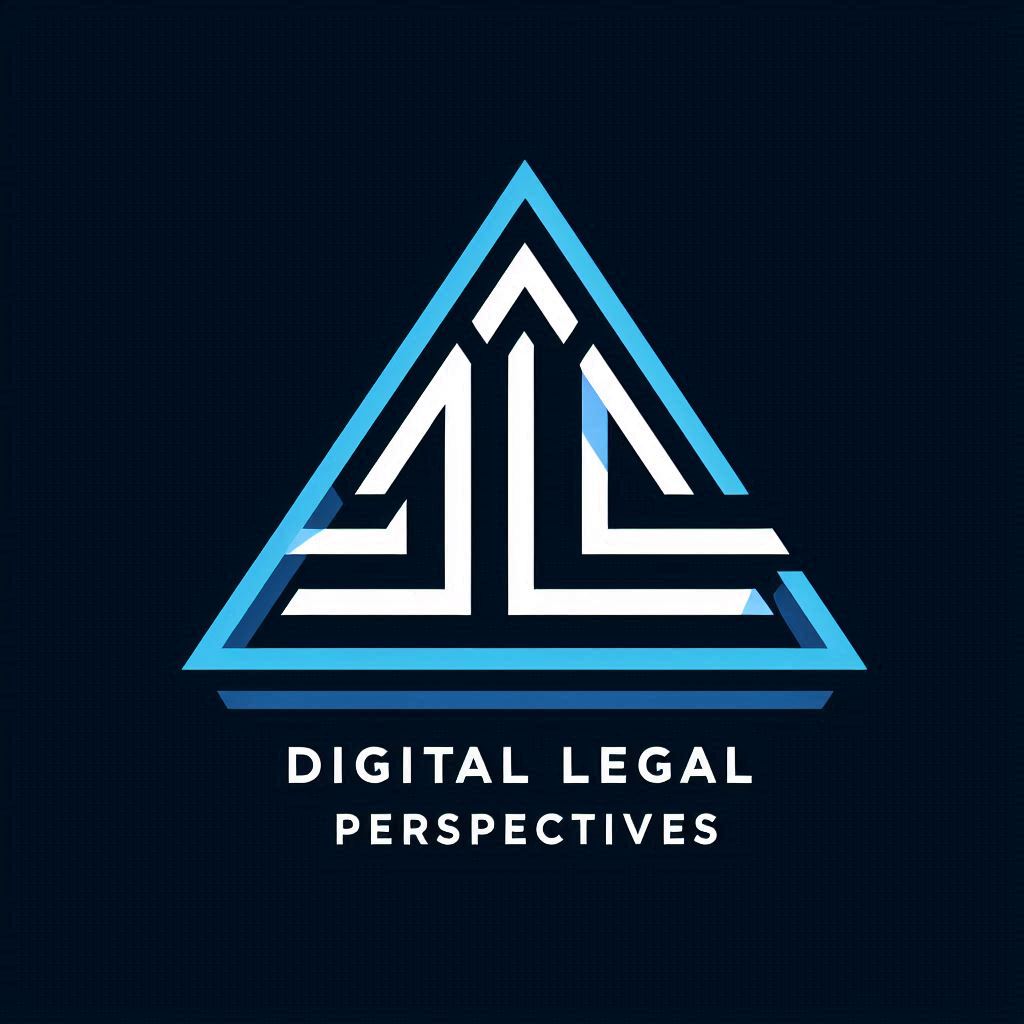As technology continues to evolve at an unprecedented pace, the legal landscape surrounding emerging technologies is becoming increasingly complex. From artificial intelligence (AI) to blockchain and the Internet of Things (IoT), each innovation presents unique legal challenges that require careful consideration. This article aims to dissect the legal implications of these technologies, providing insights into data privacy, liability, intellectual property rights, and regulatory compliance.
Understanding Emerging Technologies
Emerging technologies refer to innovations that are currently being developed or will be developed within the next few years. These technologies often disrupt existing markets and create new ones. Some of the most notable examples include:
- Artificial Intelligence (AI): Machines that can perform tasks typically requiring human intelligence, such as understanding natural language, recognizing patterns, and making decisions.
- Blockchain: A decentralized digital ledger technology that records transactions across many computers securely and transparently.
- Internet of Things (IoT): A network of interconnected devices that communicate and exchange data with each other.
Legal Challenges in Emerging Technologies
1. Data Privacy
One of the most pressing legal issues in the realm of emerging technologies is data privacy. As businesses increasingly rely on data-driven decision-making, the amount of personal data collected has skyrocketed. This raises significant concerns regarding:
- Compliance with Data Protection Laws: Regulations such as the General Data Protection Regulation (GDPR) in Europe and the California Consumer Privacy Act (CCPA) in the U.S. impose strict requirements on how organizations collect, store, and process personal data. Companies must ensure that they are compliant to avoid hefty fines.
- User Consent: Obtaining informed consent from users before collecting their data is crucial. This involves clearly explaining how the data will be used and ensuring that users have the option to opt-out.
2. Liability Issues
The question of liability becomes particularly complicated with the advent of AI and autonomous systems. Key considerations include:
- Product Liability: If an AI system malfunctions and causes harm, determining who is liable can be challenging. Is it the developer, the manufacturer, or the user? Legal frameworks must evolve to address these questions.
- Negligence: In cases where AI systems make decisions that lead to harm, proving negligence can be complex. Courts may need to consider whether the AI acted within the scope of its programming or if there was human error involved.
3. Intellectual Property Rights
Emerging technologies also raise important questions about intellectual property (IP) rights. As innovation accelerates, protecting intellectual property becomes critical for businesses. Key issues include:
- Patentability of AI Inventions: Determining whether AI-generated inventions can be patented is a contentious issue. Current patent laws may not adequately address the role of AI in the invention process.
- Copyright Issues: With AI capable of creating art, music, and literature, questions arise about who owns the copyright to AI-generated works. This could lead to significant shifts in the creative industries.
4. Regulatory Compliance
Regulatory bodies are grappling with how to effectively regulate emerging technologies. Some considerations include:
- Creating New Regulations: As technologies evolve, existing regulations may become outdated. Policymakers must work to create new frameworks that address the unique challenges posed by emerging technologies.
- Balancing Innovation and Regulation: Striking a balance between fostering innovation and ensuring public safety is crucial. Overregulation can stifle technological advancement, while under-regulation can lead to potential harms.
Best Practices for Businesses
To navigate the complex legal landscape of emerging technologies, businesses should consider the following best practices:
- Stay Informed: Regularly update your knowledge of relevant laws and regulations. This includes understanding both local and international legal frameworks.
- Implement Robust Data Protection Policies: Ensure that your organization has comprehensive data protection policies in place. This includes conducting regular audits and training employees on data privacy best practices.
- Consult Legal Experts: Engage with legal professionals who specialize in technology law. They can provide valuable insights and help navigate the intricacies of compliance.
- Foster a Culture of Compliance: Encourage a culture of compliance within your organization. This includes promoting transparency and ethical behavior in all business practices.
- Engage with Regulatory Bodies: Actively participate in discussions with regulatory bodies to help shape policies that govern emerging technologies. This can also provide insight into upcoming regulatory changes.
Conclusion
As emerging technologies continue to reshape our world, understanding the legal implications is essential for businesses and individuals alike. By staying informed and proactive, stakeholders can navigate the complexities of this evolving landscape, ensuring compliance and fostering innovation.

Leave a Reply